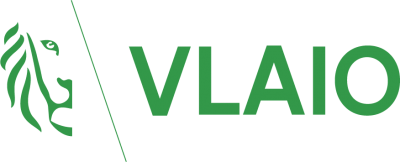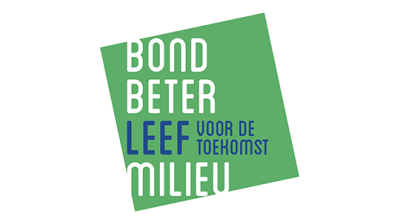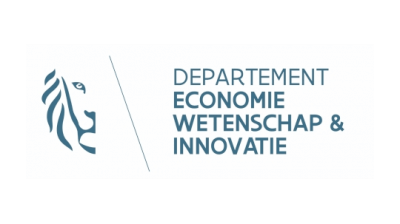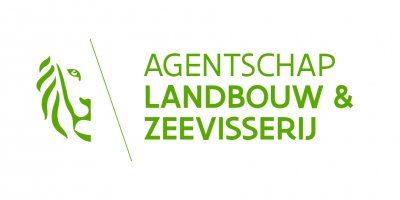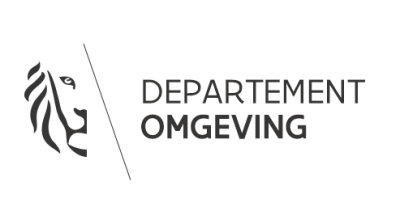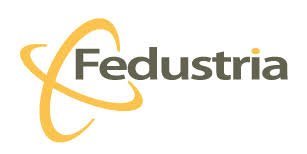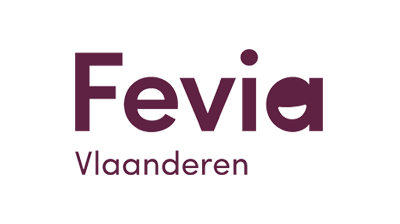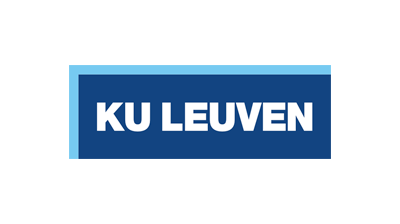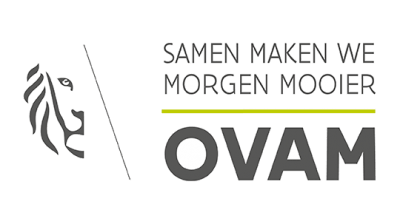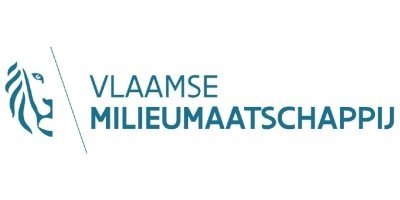CESCO XL, a new circular living concept
A hybrid housing model in Flanders
The construction sector consumes more than 50% of the materials mined worldwide and accounts for 35% of the total amount of waste in Flanders. Knowing that residential property occupies almost half of Flanders' built-up area, it is clear that housing plays an important role in the transition to a resilient construction economy. But renewing the building heritage has been slow, and traditional rental and ownership models do not offer incentives to adopt circular solutions.
Through this project, we want to introduce a new circular housing concept using a new business model: a Circular Economy Service Coalition (CESCo). This involves a central party entering into service agreements with residents for 'living as a service' on the one hand and performance-based contracts with professional partners for circular products and services on the other. The CESCo will be a new form of collaboration between existing players within the construction sector that can accelerate the introduction of circular principles into residential real estate.
With CESCo XL, we want to work on high-quality housing developed according to circular principles in terms of design, construction, financing, maintenance and operation. In this way, we hope to offer residents a long-term living career with affordable housing costs and a flexible housing typology for every living situation.
Key results |
Key lessons learned |
|
|
What will the future bring?
The follow-up dossier Hybrid Living has been approved by VLAIO for a Living Lab Circular Economy. This can be seen as a relaunch of the CESCO XL project in an even larger consortium and with even more focus on further practical elaboration of the hybrid housing model.
Groep Van Roey
Partners VITO, Endeavour, RebelGroup Advisory Belgium nv, UHasselt en Archipelago | ar-te
Topics Levers: Legal › Financial › Business Models › Societal › Circular materials and building systems › Design ›
